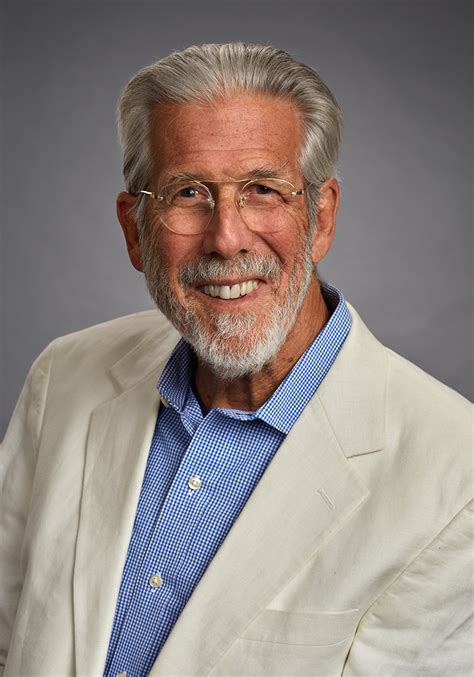A Quote by bell hooks
I was teasing my brother that he was penniless, homeless, jobless. Right now in his life, racism isn't the central highlighting force: it's the world of work and economics. It doesn't mean that he isn't influenced by racism, but when he wakes up in the morning the thing that's driving his world is really issues of class, economics and power as they articulate themselves.
Related Quotes
I'm very proud to say I only took one course in economics in college, and it was on Saturday morning - Tuesday, Thursday and Saturday at 8 o'clock. Now I don't know what your college experience was like, but I'll tell ya, on Saturday morning at 8 o'clock, the last thing I wanted to do was go to economics class.
Racism is when you have laws set up, systematically put in a way to keep people from advancing, to stop the advancement of a people. Black people have never had the power to enforce racism, and so this is something that white America is going to have to work out themselves. If they decide they want to stop it, curtail it, or to do the right thing... then it will be done, but not until then.
My mother and my father taught me to look at the actual problem, not the face of it, not the veneer of it. So for me, I was never - I was impressed that it - racially, I was impressed, right, but now in America it's about economics, and it's been about economics, and honestly, everything's been about economics since I don't want to say the beginning of time, but it's been about economics for a long while.
Many European countries are fascinated with minorities from the United States. They still see this country as a world power and they covet that power...I was approached by a professor once at the Sorbonne in Paris and asked about racism in this country, and when I reflected on racism on the streets of Paris - you know, I'd be considered an Arab there -well, she didn't want to address that...It just goes to show it was easier for Europeans to study racism in the United States than it is from within the belly of the beast.
Quincy [Jones] is one of the greatest world figures, of all-time. I mean he's up there with Muhammad Ali, as far as I'm concerned. His humanitarian work, his contribution to the world and music - he's really an amazing man. Even political divides don't affect his humanity. So, to me, that was extremely meaningful.




































